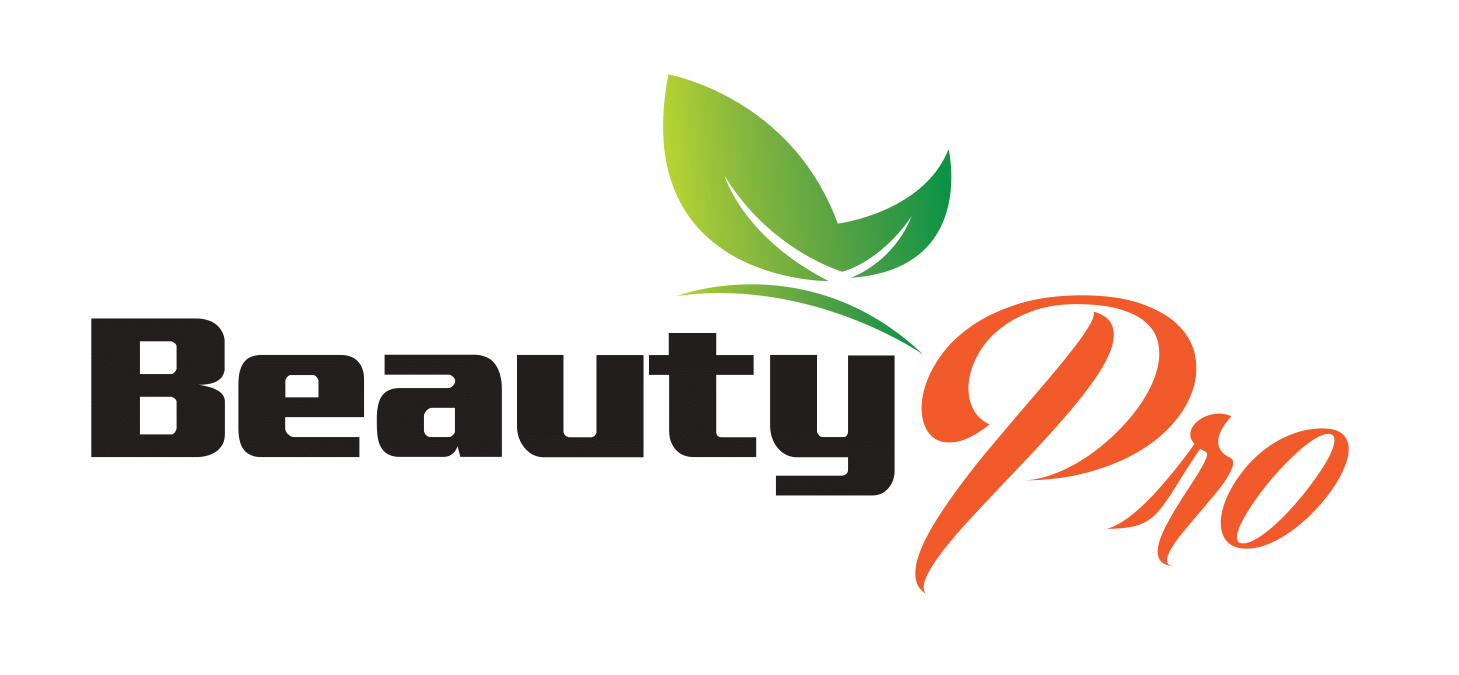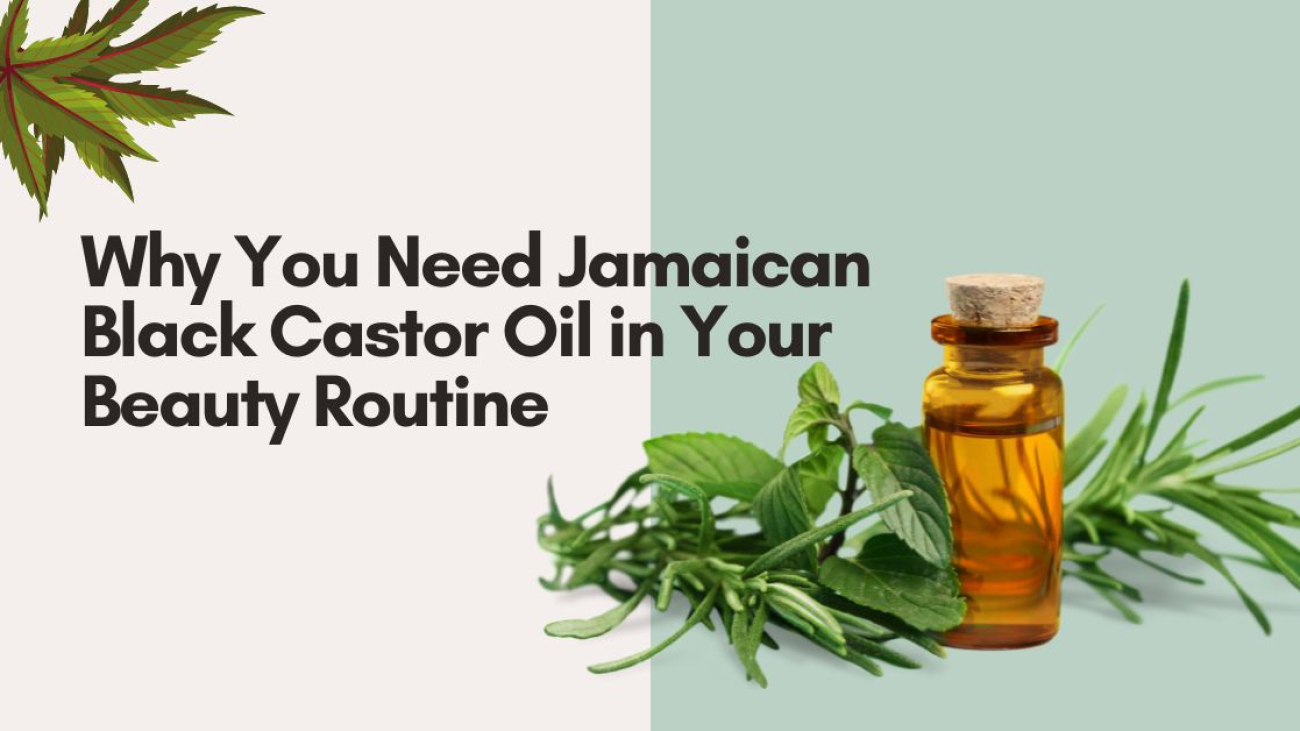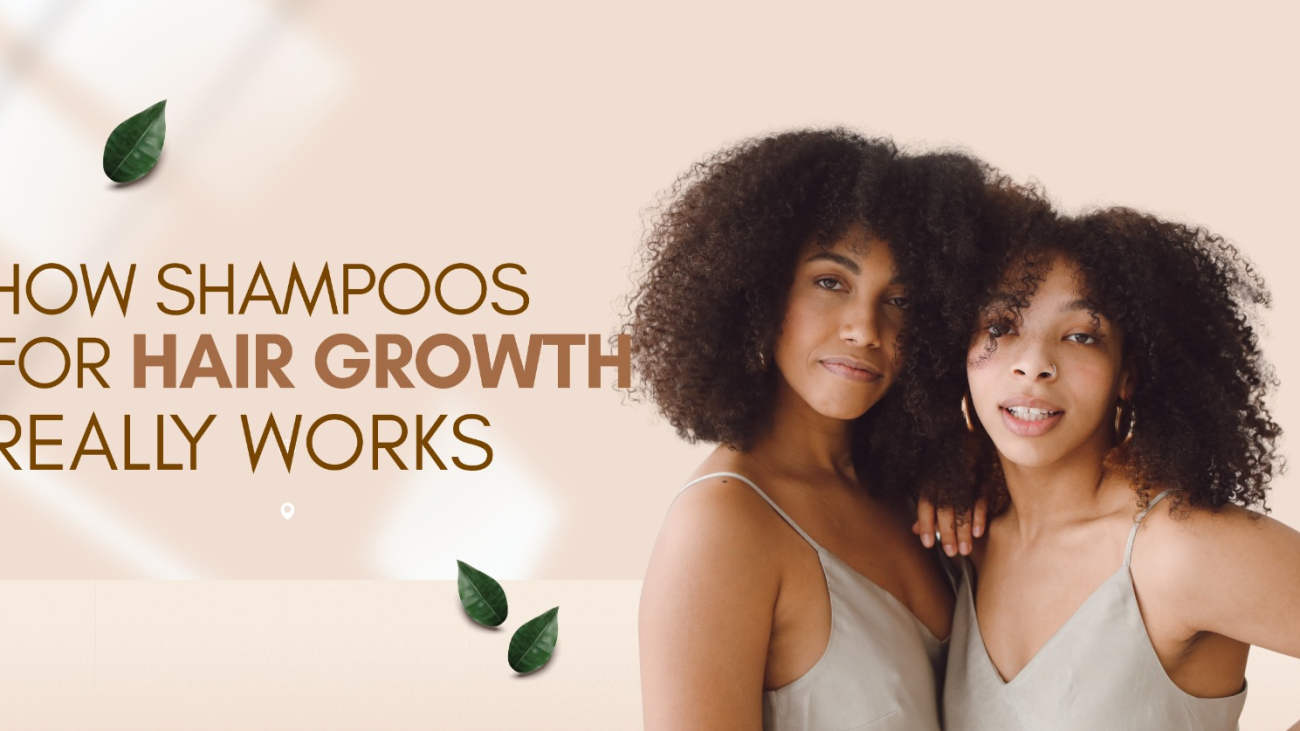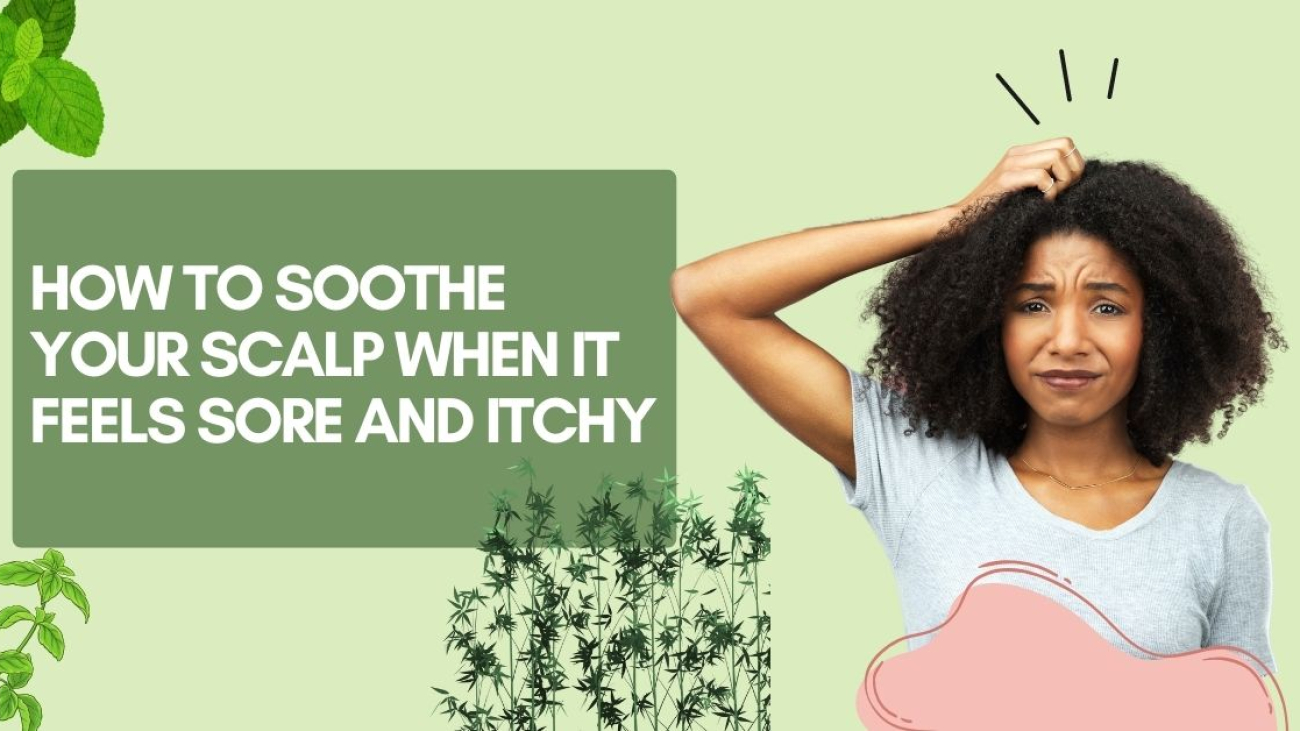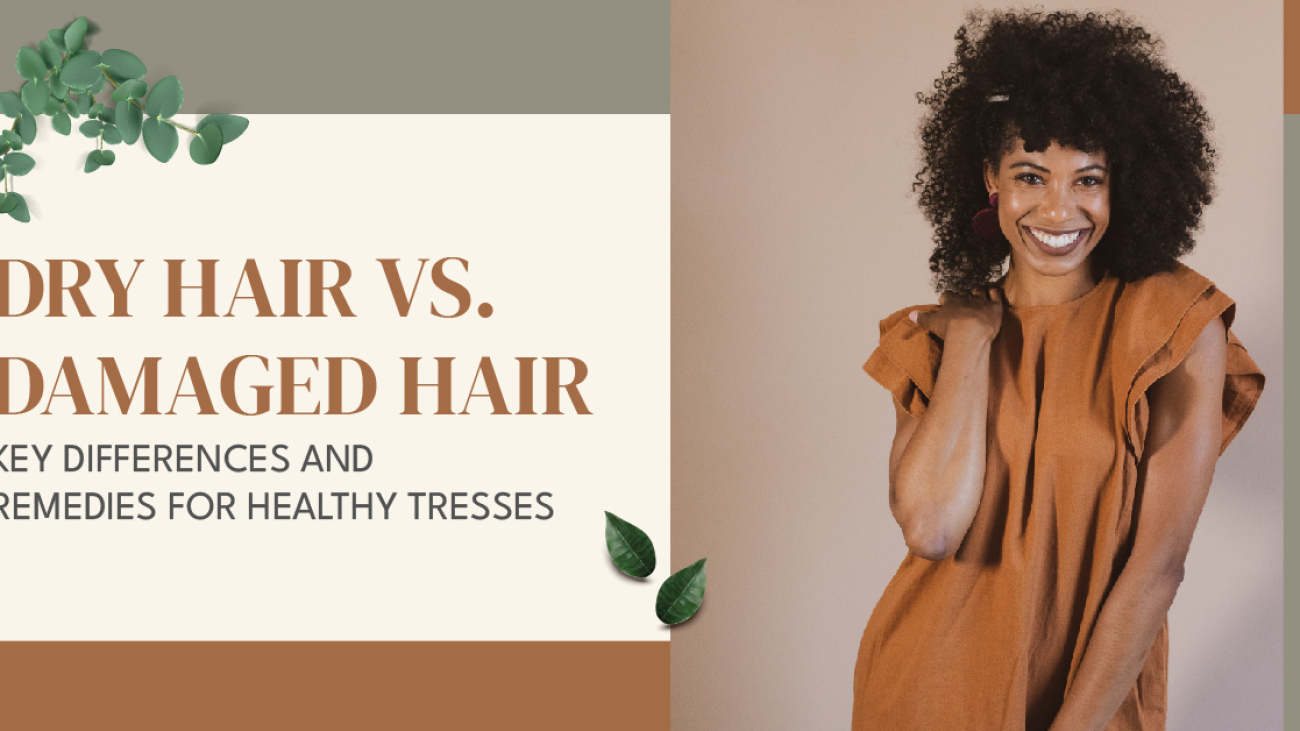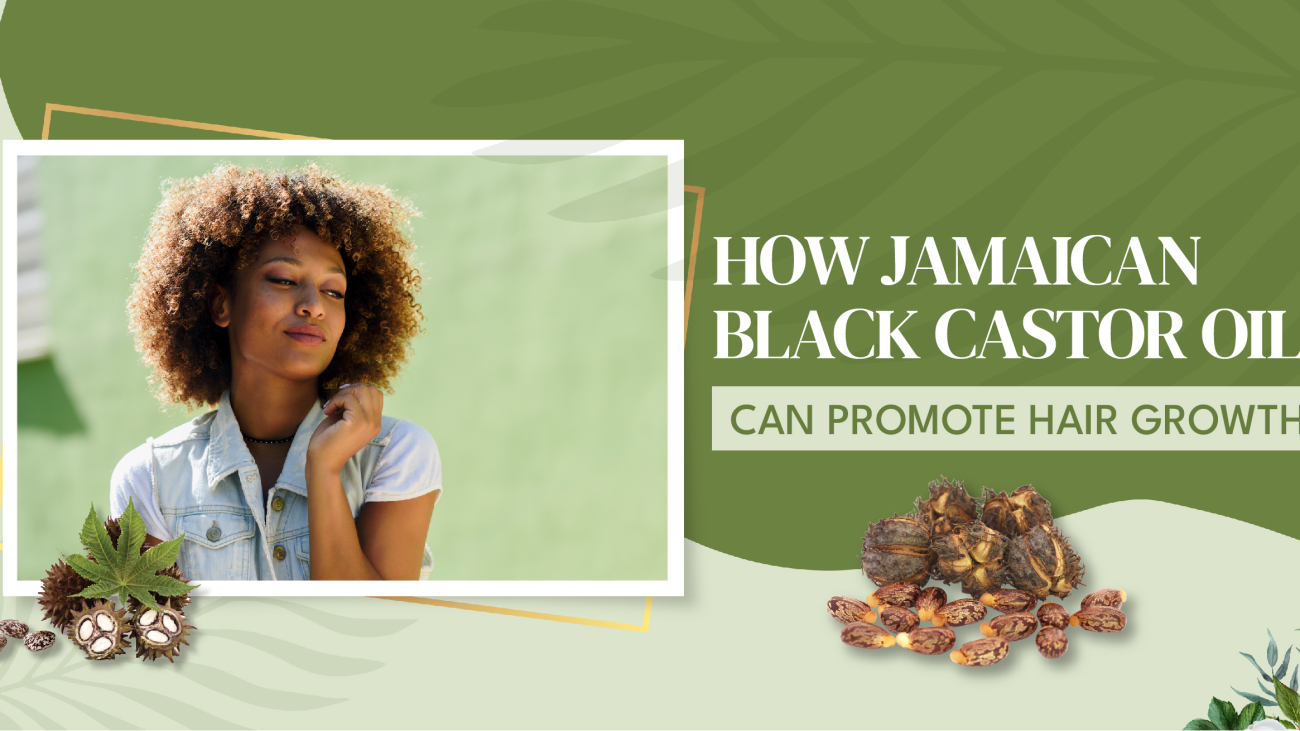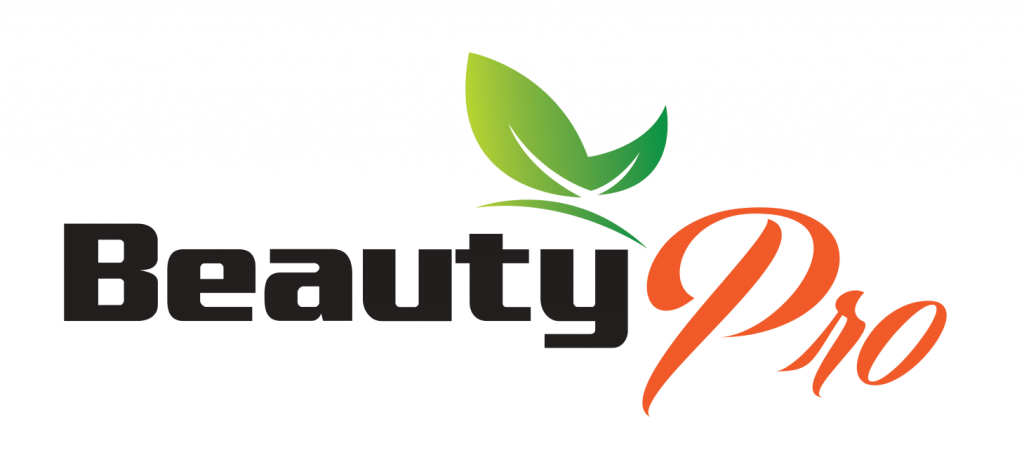Jamaican black castor oil is a natural oil that has been used for centuries for its amazing benefits for hair and skin. It is extracted from the roasted seeds of the castor plant, which gives it a dark color and a distinctive nutty aroma. Jamaican black castor oil is rich in fatty acids, vitamins, minerals, and antioxidants that can nourish, moisturize, and protect your hair and skin. Here are some reasons why you need Jamaican black castor oil in your beauty routine:
• It promotes hair growth and thickness: Jamaican black castor oil can stimulate blood circulation to your scalp and follicles, which can boost hair growth and prevent hair loss. It can also strengthen your hair shafts and prevent breakage and split ends. You can apply Jamaican black castor oil to your scalp and massage it gently for a few minutes, then leave it overnight or for at least an hour before washing it off. You can also mix it with other oils, such as coconut oil or olive oil, for extra benefits.
• It moisturizes and conditions your hair: Jamaican black castor oil can hydrate your hair and lock in moisture, which can prevent dryness and frizz. It can also smooth your cuticles and add shine and softness to your hair. You can use Jamaican black castor oil as a deep conditioner or a leave-in treatment for your hair. You can also add a few drops of it to your shampoo or conditioner for daily use.
• It fights dandruff and scalp infections: Jamaican black castor oil has antibacterial and antifungal properties that can help you get rid of dandruff and other scalp issues, such as itchiness, inflammation, and fungal infections. It can also balance the pH level of your scalp and prevent excess oil production. You can apply Jamaican black castor oil to your scalp and leave it for 15 to 20 minutes before rinsing it off. You can also add some essential oils, such as tea tree oil or lavender oil, for extra healing effects.
• It improves your skin health and appearance: Jamaican black castor oil can nourish your skin with its essential nutrients and antioxidants, which can improve your skin elasticity, texture, and tone. It can also moisturize your skin and prevent dryness, cracking, and peeling. You can apply Jamaican black castor oil to your face and body as a moisturizer or a massage oil. You can also mix it with other ingredients, such as honey or aloe vera gel, for a DIY face mask or scrub.
• It heals acne and scars: Jamaican black castor oil can help you clear your acne and reduce the appearance of scars, blemishes, and dark spots on your skin. It has anti-inflammatory and antimicrobial properties that can fight acne-causing bacteria and reduce swelling and redness. It can also stimulate collagen production and cell regeneration, which can heal your skin faster and fade scars. You can dab some Jamaican black castor oil on your acne or scars with a cotton ball or a Q-tip and leave it overnight or for a few hours before washing it off.
Conclusion
As you can see, Jamaican black castor oil is a versatile and powerful natural product that can enhance your beauty in many ways. You can find BeautyPro’s Jamaican black castor oil in many health stores or online shops. Make sure you choose organic and pure Jamaican black castor oil for the best results. You can also do a patch test before using it to check for any allergic reactions. Try Jamaican black castor oil today and see the difference for yourself!
